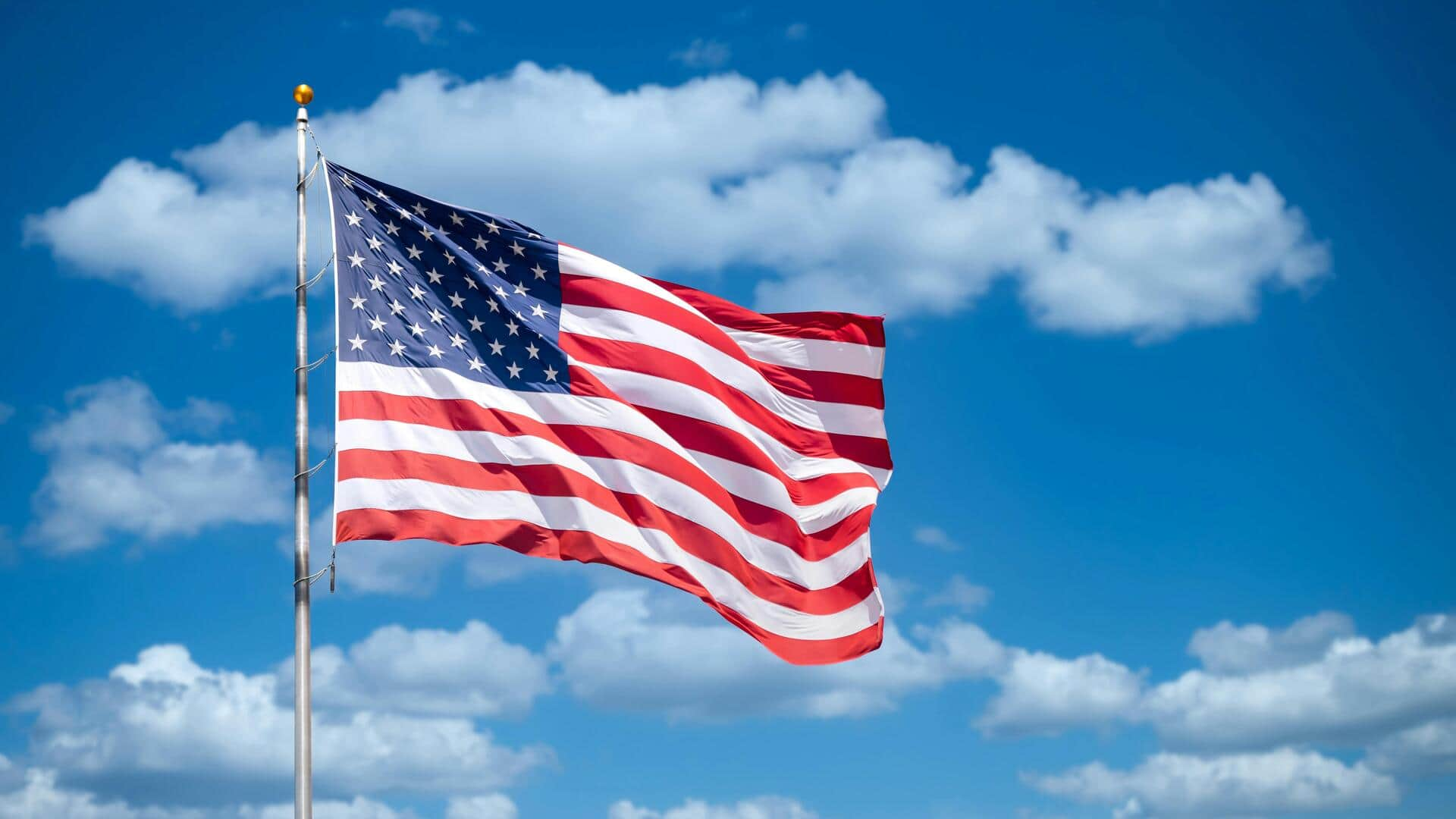
Indian travel to US down for first time since 2001
What's the story
For the first time since 2001, barring the COVID-19 years, Indian travel to the United States has declined. The US Commerce Department's National Travel and Tourism Office (NTTO) reported that only 2.1 lakh Indians traveled to America in June 2025, an 8% decline from 2.3 lakh in June last year. Provisional numbers for July also indicate a slowdown with a similar 5.5% decline compared to the previous year.
Visitor drop
Broader decline in international arrivals to the US
The NTTO data also showed a broader decline in international arrivals to the US. The overall non-resident visitor volume dropped by 6.2% in June, 7% in May, and 8% in March. This trend comes after a small increase of 1.3% in April and a rise of 4.7% in January this year. Despite the decline, India continues to be the fourth largest source market for international visitors to US after Canada, Mexico, and the UK.
Visa concerns
Impact of visa norms?
Industry experts have warned against hastily attributing the decline to stricter visa norms under President Donald Trump. A senior travel executive told The Times of India, "It is too early to pin the decline in Indian visitor numbers solely on the stricter visa regime." The US offers long-term, multiple-entry B1/B2 visas valid for 10 years, allowing existing visa holders to continue traveling. However, delays or stricter scrutiny in new applications could have a longer-term impact.
Travel impact
Slowdown most pronounced among students
The slowdown is most pronounced among students, with a travel agent saying there is "a very visible impact on the student segment this year due to delays in visa issuance." Historically, Indian travelers to the US have been mostly students, business visitors, and those visiting friends and relatives. Leisure travel has always lagged behind other regions like Southeast Asia, the Middle East, or Europe.